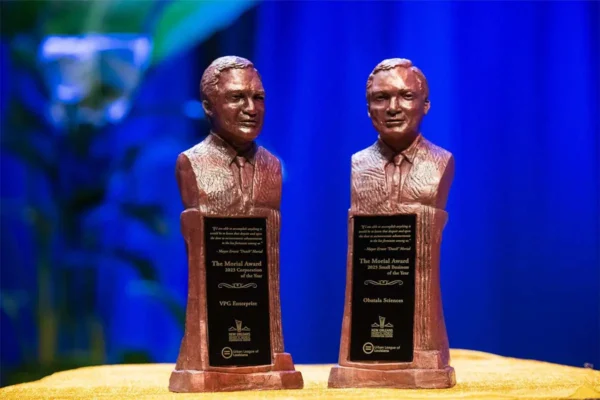Four members of the Alliance for International Meetings and Commerce (AIMC) offered their insights and strategies for international growth at the closing general session of the ASAE Association International Conference on May 3, 2012, in Washington, D.C.
Much of the session stressed the importance of having physical international offices in today’s global economy.
“You can’t just show up once a year and say you serve a region of the world,” said Bill Hudson, president and CEO, Global Cold Chain Alliance (GCCA). “You need an office.”
But Hudson added that an “office” can take many forms. For example, GCCA has individual representatives in Latin America and India that provide services and also plan international meetings for GCCA. The Indian representative is even franchising the GCCA brand in that nation.
In Europe and Australia, however, GCCA partners with existing regional associations to provide them resources and receive a percentage of dues paid by members of those international affiliates. Hudson also said that GCCA works with the U.S. Trade and Development Agency to obtain funding to bring delegations from other nations to its U.S.-based annual convention.
When AIMC President Jack Sammis launched AIMC last year, he began with an office in Europe for credibility. He is now looking at setting up an office in Shanghai, but is looking for a partner because of the high cost involved.
Stephen Miner, conference membership and business development, American Wind Energy Association, explained how his association began reaching out internationally during the past decade as the wind energy industry grew rapidly.
“International companies were engaged in the United States with small offices, but it was hard to connect to the main offices overseas,” said Miner. “We worked with our international colleagues to attend conferences in Europe and Asia and develop international sister associations. Now AWEA and these associations do business under the World Wind Energy Association.”
He added that the presence of these sister associations around the world make it hard for competitors to make inroads in those markets.
“Think about international opportunities that are available,” said Miner. “Can you work with partners to offer services internationally that you offer in the United States?”
Linda Hallman, executive director and CEO, American Association of University Women, noted that her group also has “American” in its name, but she is committed to keeping it that way because of the strong brand recognition. Nevertheless, she noted that association boards need to think globally when doing their strategic planning so that the organization is poised to take advantage of international opportunities.





























